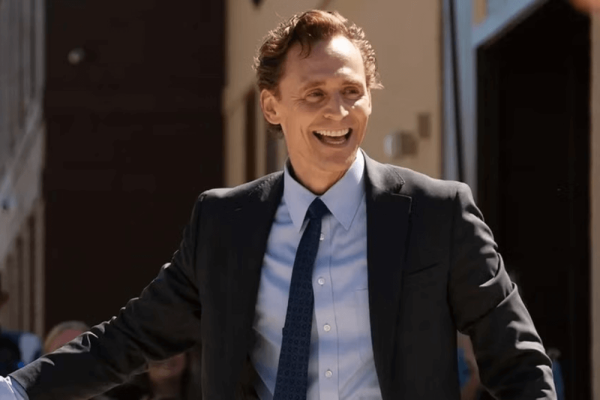Jun 16, 2025
“Inside the soul of this accountant who loves his job and loves his wife and loves his son, is this dancer,” Hiddleston said during a press conference. “And that might be true of anyone you know or anyone you see on the street … Inside that human being is greater breadth and depth and range than we could possibly imagine.”
Read the Full Article

Already a subscriber? Login
